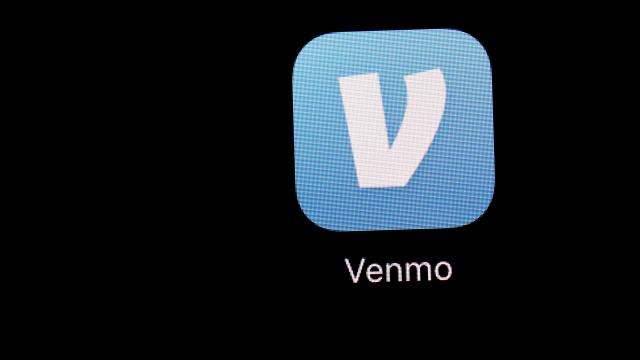The U.S. Secret Service has some 700 pending investigations centering on Paycheck Protection Program and the Unemployment Insurance Relief fraud, CNBC reported on Wednesday, and a large number of them involve money laundering via Cash App, PayPal, Venmo, Zelle, and other payment apps.
Some 80 defendants have been charged with trying to steal $US240 ($330) million in funds from the Paycheck Protection Program — a $US669 ($920) billion program established by Congress in its sprawling, $US2.2 ($3) trillion CARES Act, much of which went to the rich or bailed out corporations . The PPP is intended to hand out loans to small businesses on the promises they won’t fire workers during the novel coronavirus pandemic. Reports have indicated that the program has been poorly administered and susceptible to both fraud and diversion of funds to large employers rather than the intended recipients, with only limited transparency into the process.
“I’ve never seen, in my 28 years’ experience, the amount of fraud that I’ve seen currently,” Roy Dotson, a Secret Service special agent who specialises in fighting financial crime, told CNBC. “And I think that’s just based sheerly on the amount of money the CARES Act allocated into covid-related fraud and stimulus… Just the amount of money, you’re going to have different criminal organisations and individuals, basic scam artists, that are going to try to take advantage of that money.”
Dotson said that payment apps have become one of the key vehicles for fraudsters to shift cash around, evading closer scrutiny by banks — particularly by using “money mules” (drug mules, but for money) to deposit, transfer, and withdraw funds. This might not seem like the best plan given that use of payment apps, like banking, leaves behind an extensive paper trail. Not that some of the alleged schemes the Secret Service says to have discovered are particularly clever. According to the CNBC, authorities have charged one man with a scheme to file for $US1.2 ($2) million in fraudulent Pandemic Unemployment Assistance benefits — obtaining loaded debit cards they then used at ATMs, stores, or to transfer funds via Cash App. The defendant in question allegedly bragged about stealing unemployment money in a music video.
Fraudsters have also used the pandemic as an opportunity to bilk people desperate for money with scams like a variant of the classic bitcoin fraud scheme — send me $US1 ($1.40), I’ll send back $US10 ($14) — according to CNBC. The pandemic has also sped up the growth of payment apps; according to an October analysis by the New York Times, Apptopia data shows that Venmo daily users grew by 26 per cent over the prior year year, while app reviews mentioning the words fraud or scam have grown almost four times that rate. Cash App, which grew by 59% over the prior year, had frauds or scams mentioned in reviews at a 165% higher rate.
The Better Business Bureau told the Times it had received twice as many complaints about Cash App than Venmo over the last year — perhaps because it delayed rolling out features like a phone line for customer support, or held a marketing campaign in 2017 that encouraged users to post their payment addresses:
In 2017, Square began a marketing campaign called “Cash App Fridays,” which gives money to Twitter users who post their so-called $Cashtag or username. The campaign, security experts said, provided fraudsters with a phone book of potential victims.
It also led to copycat campaigns, where people claim to work for Cash App and say they will give away a large sum of money if users first send in a smaller sum. One Twitter account, @CashappG, has been online since 2019 with the tagline: “Hi welcome to Cash App give away! Send money and we will send you double back!”
Cash App also supports Bitcoin, which makes it easier to move funds further from the prying eyes of authorities and into a more anonymous setting.
Spokespeople for Cash App, PayPal/Venmo, and Zelle all told CNBC they take fraud seriously and are working on tools to combat it.
A Cash App spokesperson told the network “We are constantly improving systems and controls to help prevent, detect, and report bad activity on the platform,” such as a forthcoming AI-driven system that flags potential scams and warns users via text message. A spokesperson for PayPal and Venmo said the companies “deploy a range of measures to stay ahead of the anticipated increases in online criminal activity, including enhanced transaction monitoring to detect unusual patterns in payments moving through our platforms. We also harness key word tracking, suspicious matter reporting, sanctions and watch list enforcement, and other sophisticated fraud detection models to protect our customers.”
“… We encourage consumers to contact their bank or credit union immediately if they believe they have been a victim of a fraudster or scammer,” a Zelle spokesperson told CNBC. “After the consumer reports the incident, their bank or credit union will partner with Zelle to put protocols in place to stop and shut down any future activity.”
